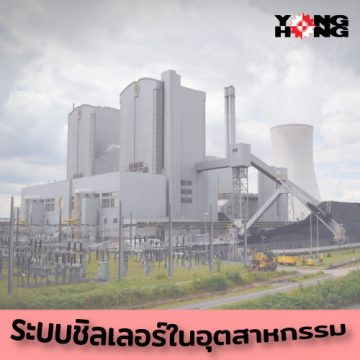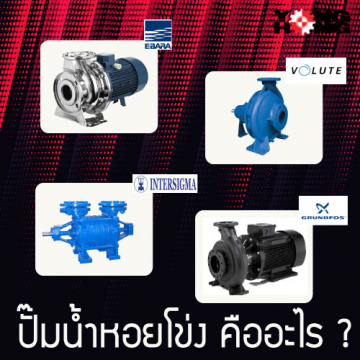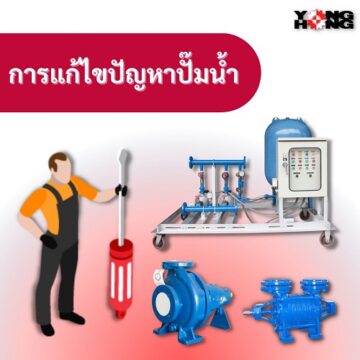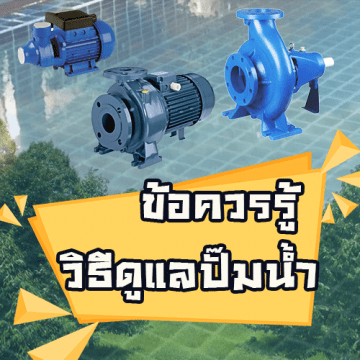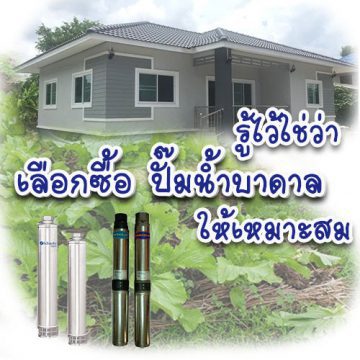Choosing a water pump is crucial for various applications, whether it’s for domestic, agricultural, industrial, or commercial purposes. Here are some essential factors to consider when selecting a water pump:
1. Purpose and Application: Determine the specific purpose of the water pump. Is it for supplying water to a house, irrigation, dewatering, sewage handling, or industrial processes? Different applications require different types of pumps.
2. Water Flow Rate (GPM): Calculate the required flow rate in gallons per minute (GPM) for your intended application. The flow rate determines how much water the pump can move per unit of time and is essential for sizing the pump correctly.
3. Total Dynamic Head (TDH): TDH is the total height that the water needs to be lifted or pushed, including the vertical height and friction losses in the pipes. Knowing the TDH helps determine the pump’s required pressure capacity.
4. Pump Type: There are various types of water pumps, including centrifugal pumps, submersible pumps, diaphragm pumps, jet pumps, etc. Each type has its advantages and limitations, so choose the one that best suits your needs.
5. Power Source: Consider the power source available for the pump, whether it’s electricity, gasoline, diesel, or solar. Ensure the pump’s power requirements match the available power source.
6. Pump Material and Construction: Check the material used to build the pump. Different materials are suitable for various environments and fluids. For example, stainless steel is corrosion-resistant and ideal for pumping water with high mineral content.
7. Pump Efficiency: Look for a pump with high efficiency to ensure it consumes less energy and operates cost-effectively.
8. Maintenance and Serviceability: Consider how easy it is to maintain and service the water pump. Access to spare parts and local service centers is essential for hassle-free repairs.
9. Brand and Reputation: Choose a reputable brand known for manufacturing reliable and durable pumps. Read reviews and ask for recommendations from others who have used the same pump.
10. Budget: Set a budget for the water pump purchase, but avoid compromising quality for cost savings. A reliable and efficient pump may cost more upfront but could save you money in the long run.
11. Environmental Factors: Take into account the environmental conditions in which the pump will operate, such as temperature, humidity, and potential exposure to corrosive elements.
12. Safety Features: Ensure the pump has necessary safety features, such as thermal protection, to prevent damage in case of overheating or overloading.
By carefully considering these factors, you can make an informed decision and choose the right water pump that meets your specific requirements and ensures reliable performance for years to come.
YOTUBE : YONGHONG





